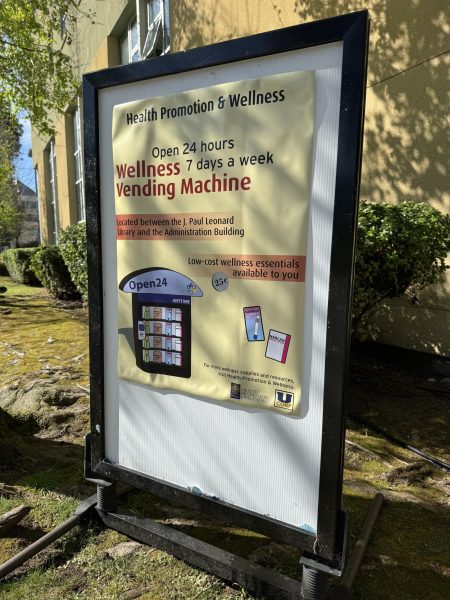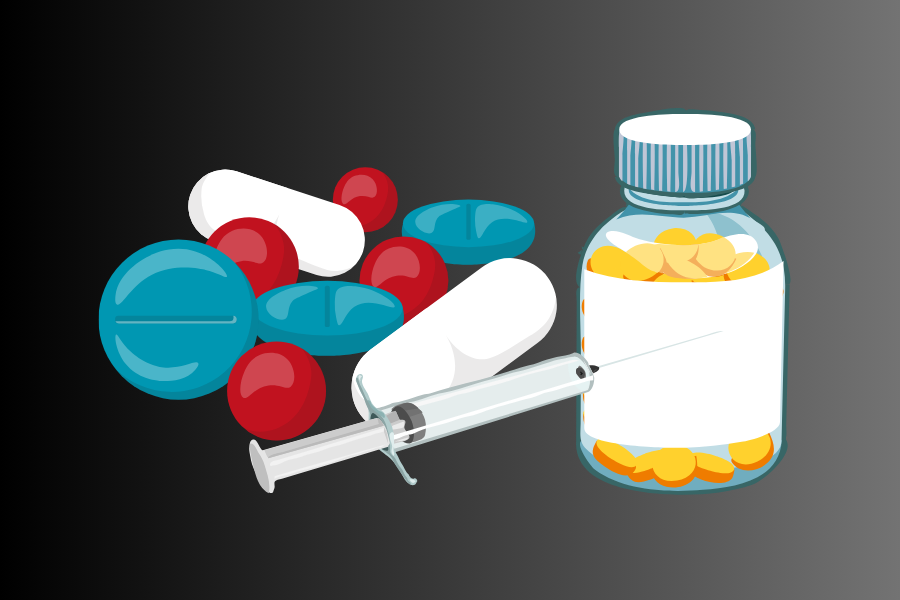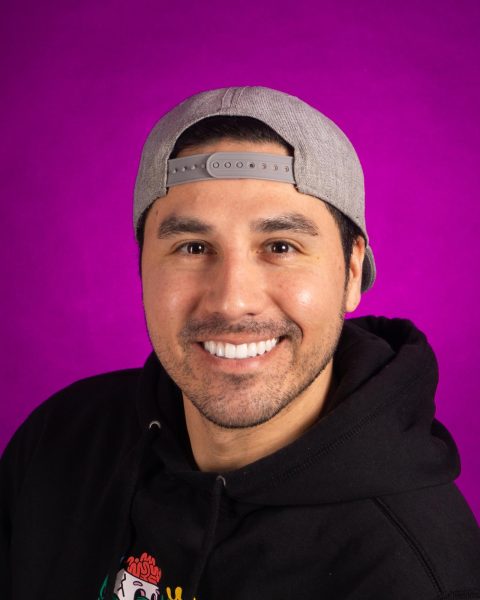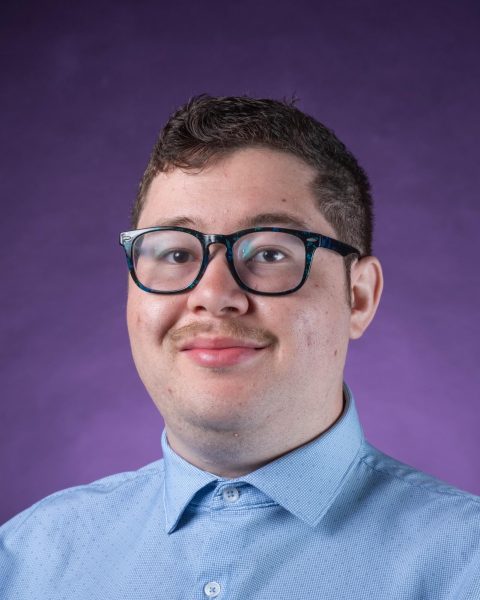The once-busy hallways full of San Francisco State students has now become a ghost town as spring break begins. Leaving their Canvas worries behind, students have an opportunity to finally put their phone on do not disturb.
According to the TSA travel website, the U.S. will see new travel records during the week-long break.
Freshman and first-year resident Cyann Cabana said she looks forward to visiting family. She has friends who are staying on campus for the spring break holiday and is aware of intervention resources that the university offers for potential medical emergencies.
“Though I’ve never been in an overdose situation, I know that the University Health and Wellness Center offers free Narcan that I can access to act quickly to help in a medical emergency,” Cabana said.
SFSU offers Narcan nasal spray and fentanyl testing strips free of charge. Students can pick up Narcan at the Health Promotion Wellness office or the Shop 24-Hour Wellness Vending Machine between the J. Paul Leonard Library and the administration building. Narcan is a device that administers naloxone, is a Food and Drug Administration-approved medication that rapidly reverses opioid overdoses.
While temporary, this treatment method provides crucial time necessary for receiving medical attention following such an episode. In instances like this, every second counts, which could mean the difference between life and death. Narcan nasal spray has been highly influential in saving lives.
“If there was an emergency where a student needed help, the first thing I would do would be to call UPD. Having a roommate helps cultivate a support system and helps me feel safe,” said Jasmine Manansala, a first-year resident.
Campus security is posted in every student residence tower and manned by a front desk assistant. These measures are meant to ensure the safety of everyone who lives on-site, including the students and faculty.

“For any emergencies in the Towers, we have two ‘Residential Assistants’ assigned to each floor of the tower. Their main job is to have a personal relationship with the students and help them with any specific resources they need,” said Andre Hardaman, a front desk assistant at the Towers of Centennial Square.
Data collected every 12 months since 2015 showed that over 100,000 people, on average, died from an overdose, according to a 2023 U.S. health statistics report from the CDC. The data also indicated that these numbers are continuing to rise.
To combat the increasing number of deaths due to overdosing, HPW provides a range of workshops and events throughout the year that share information about the risks of substance use and how to avoid an overdose.
Some of the workshops that HPW conducts include “Let’s Talk about Drugs” and “Opioid Overdose Prevention.” Students can not only find the best workshops that pertain to them, but can also request workshops that take place on campus through the HPW site.
All students also receive an annual email from the Vice President of student affairs and enrollment management, Dr. Jamillah Moore, with information about the impacts of substance use, campus policies, and resources for support. Help is also offered to students through the following sites:
HPW collaborates closely with residential life, UPD, athletics, student activities and events, CAPS, and New Student Programs to develop programs and share resources. These groups are also part of the campus Alcohol, Tobacco, and other Drugs Policy Committee, which meets every year to assess HPW’s program and set goals for improvement.
SFSU also has a Drug and Alcohol policy, which, if neglected, could lead to disciplinary action. Violating SFSU policies results in action conducted by UPD, and the university policy aligns with drug and alcohol consumption-related federal laws.
“The campus does have some tolerance for individual experimentation, but as individual experimentation begins to disrupt other campus community members or begins to hinder academic progress, sanctions migrate from education toward punitive,” said Miguel Á. Hernández, Associate Vice President for student life and dean of students, in an email.
Hernández explains that if a student is seen for using alcohol or marijuana as a minor, this first offense would be approached educationally — checking in with the student, reinforcing university and state/federal law expectations, and involving activity around self-reflection. However, if a student is providing alcohol or drugs to minors, this offense would result in “punitive sanction” — loss of on-campus housing or academic suspension.
It is important to practice overdose prevention during spring break but at all times — not just during spring break. Providing education tools, promoting sensible decision-making and giving proper access to resources raises awareness and helps people mitigate the risks associated with substance misuse. If students recognize the first signs of overdose, they can understand how to intervene effectively and seek immediate medical help if necessary.
SFSU President Lynn Mahoney shared her thoughts on the severity of the subject.
“SF State takes student wellness very seriously. I encourage students to take advantage of the many resources and people on campus to support them. I hope everyone has a safe and relaxing spring break,” Mahoney said through email.










Neal Wong • Apr 11, 2024 at 12:24 am
Narcan is a brand name for naloxone nasal spray, not the device that administers it.